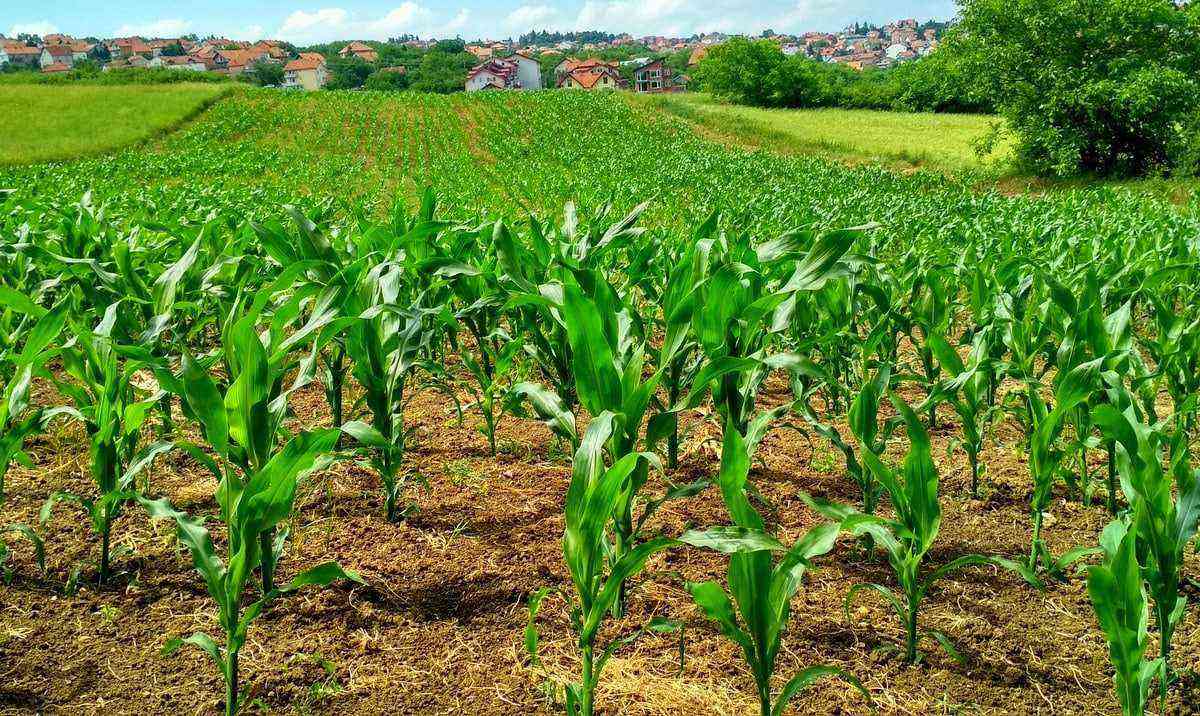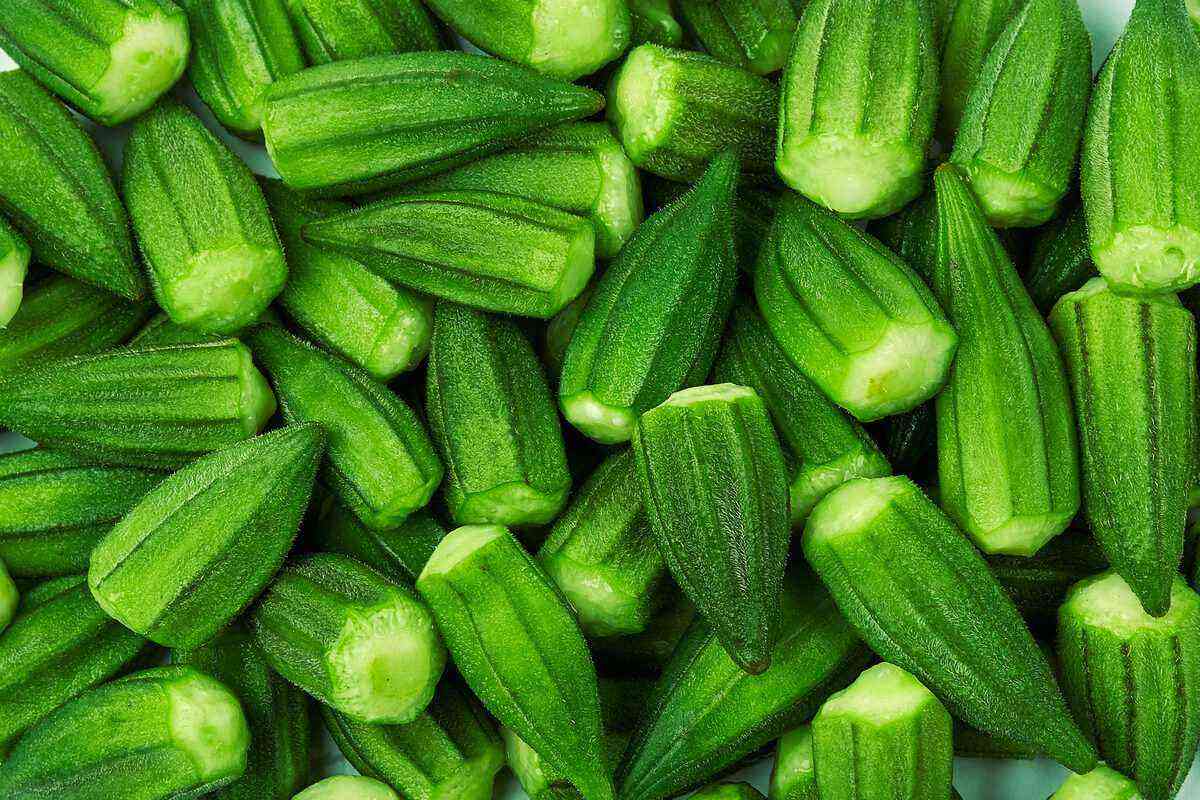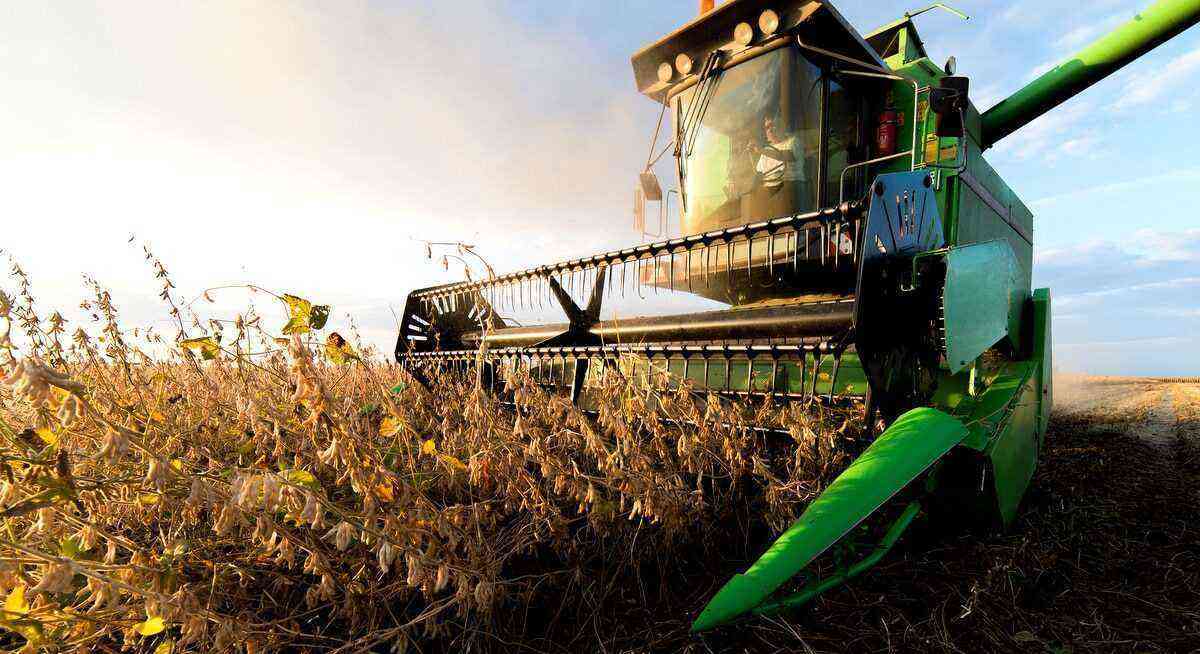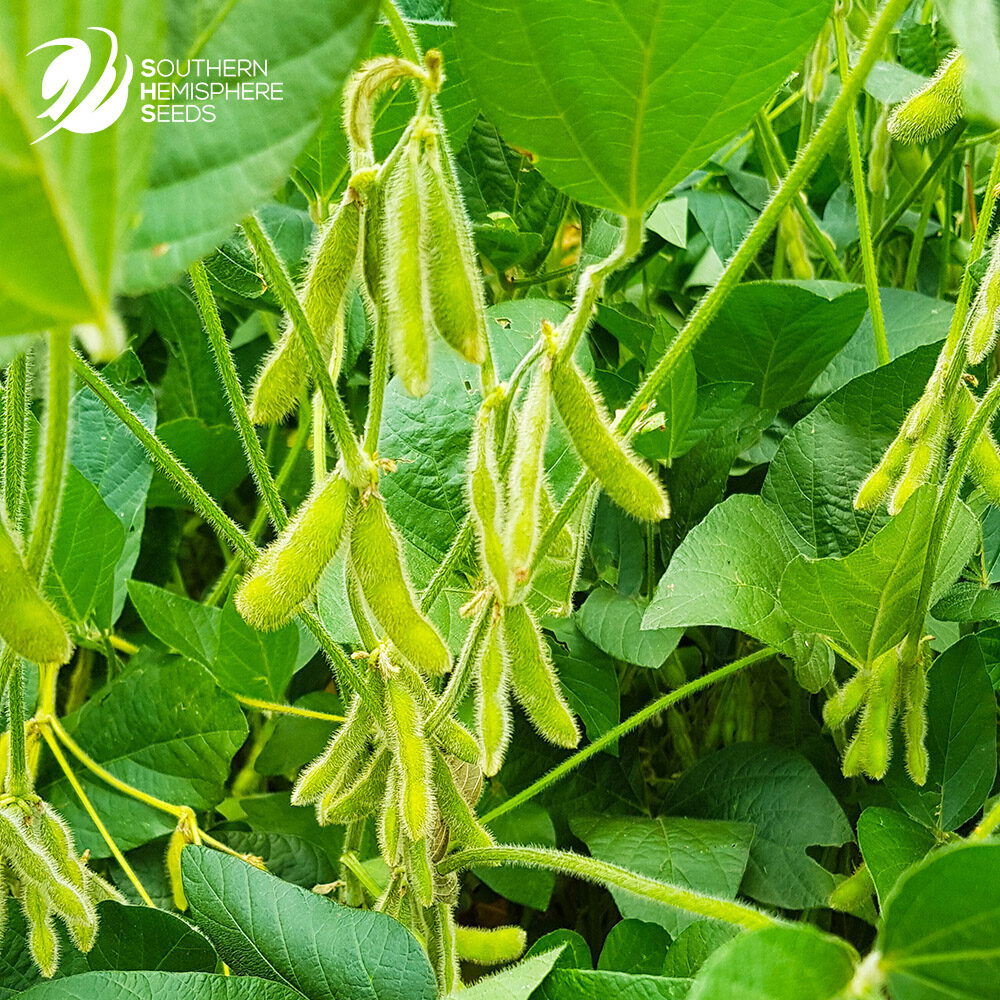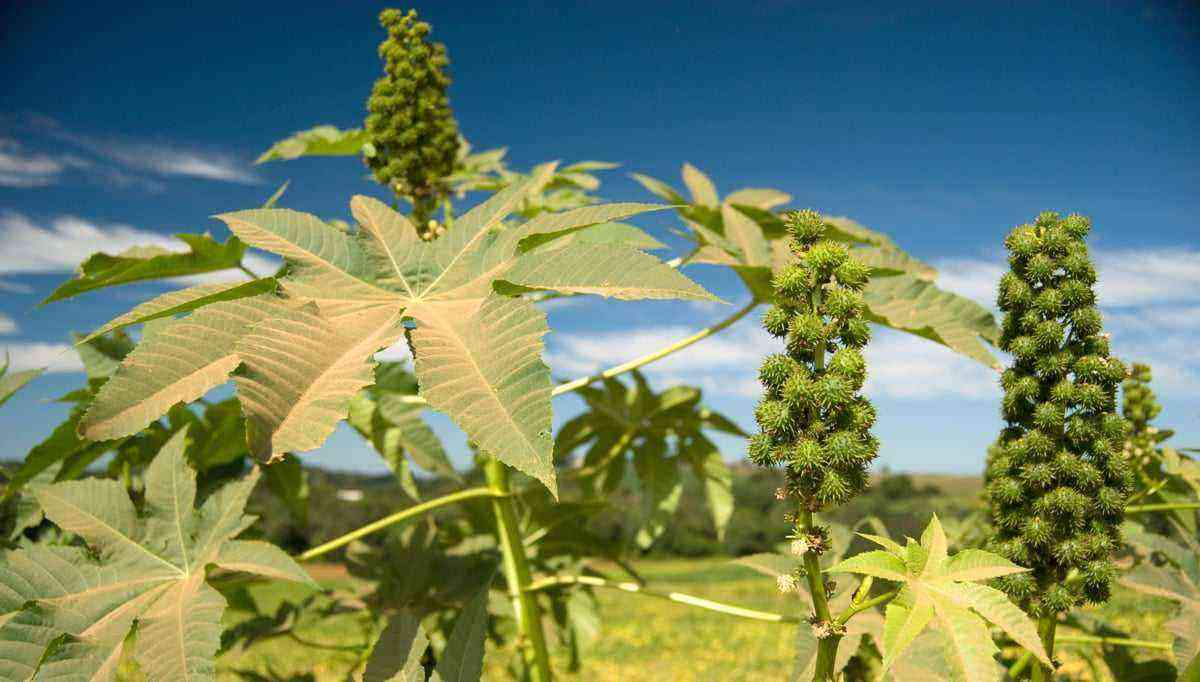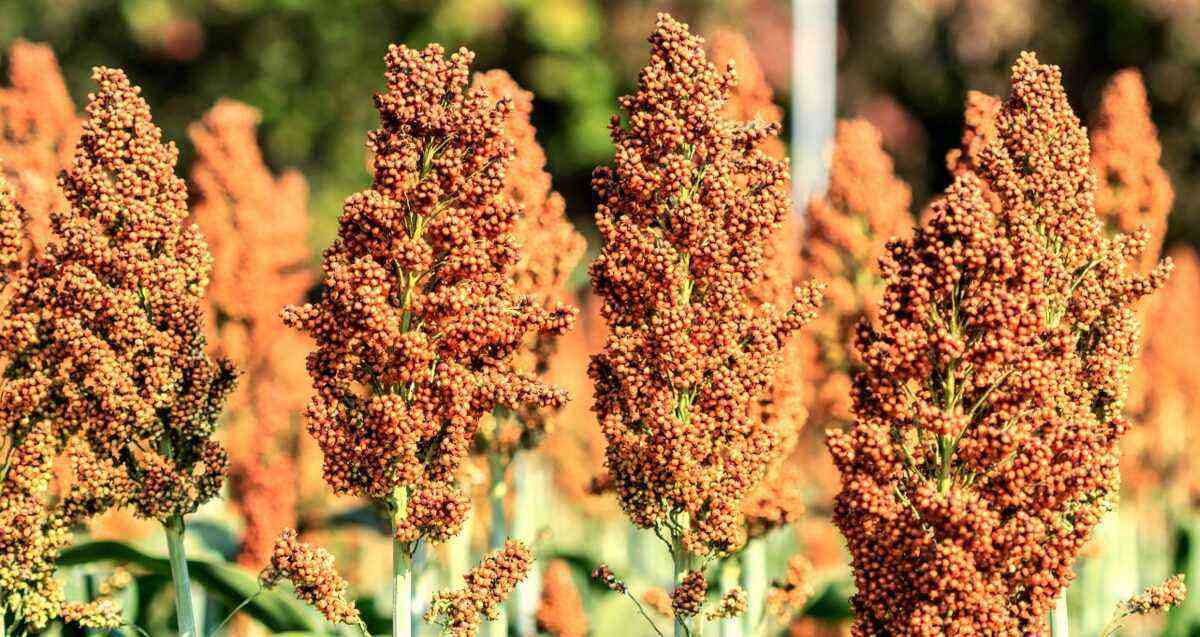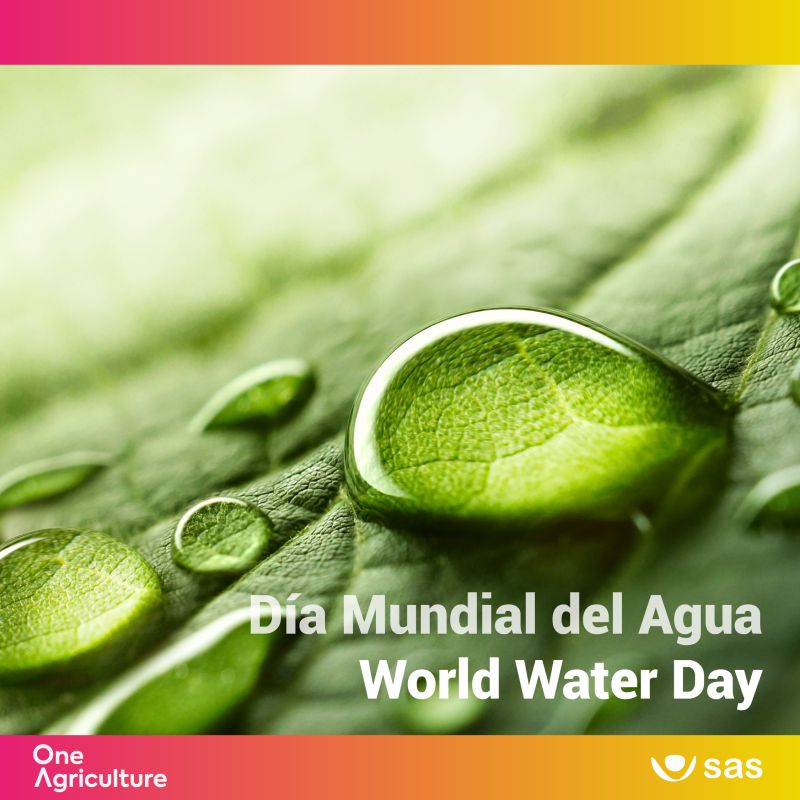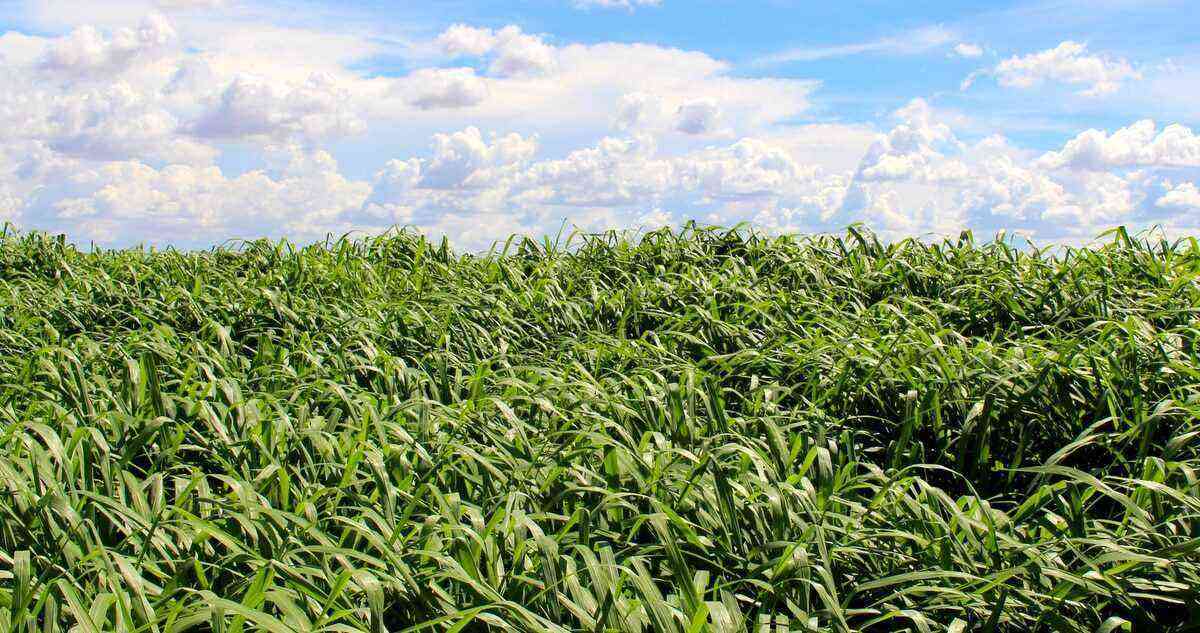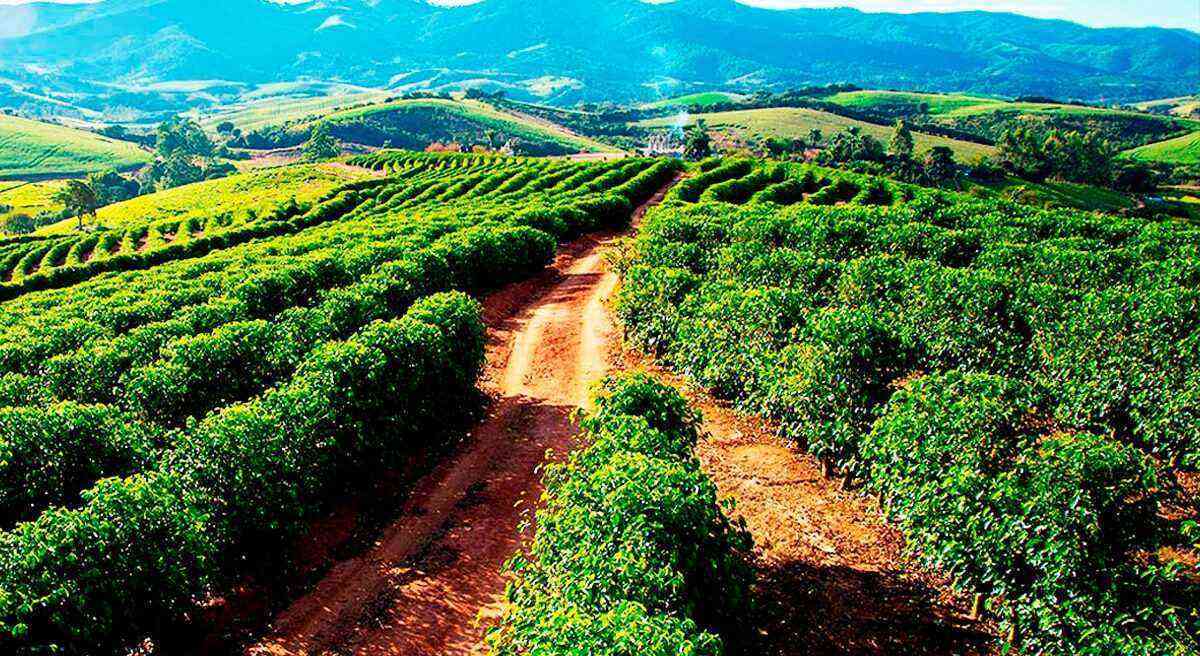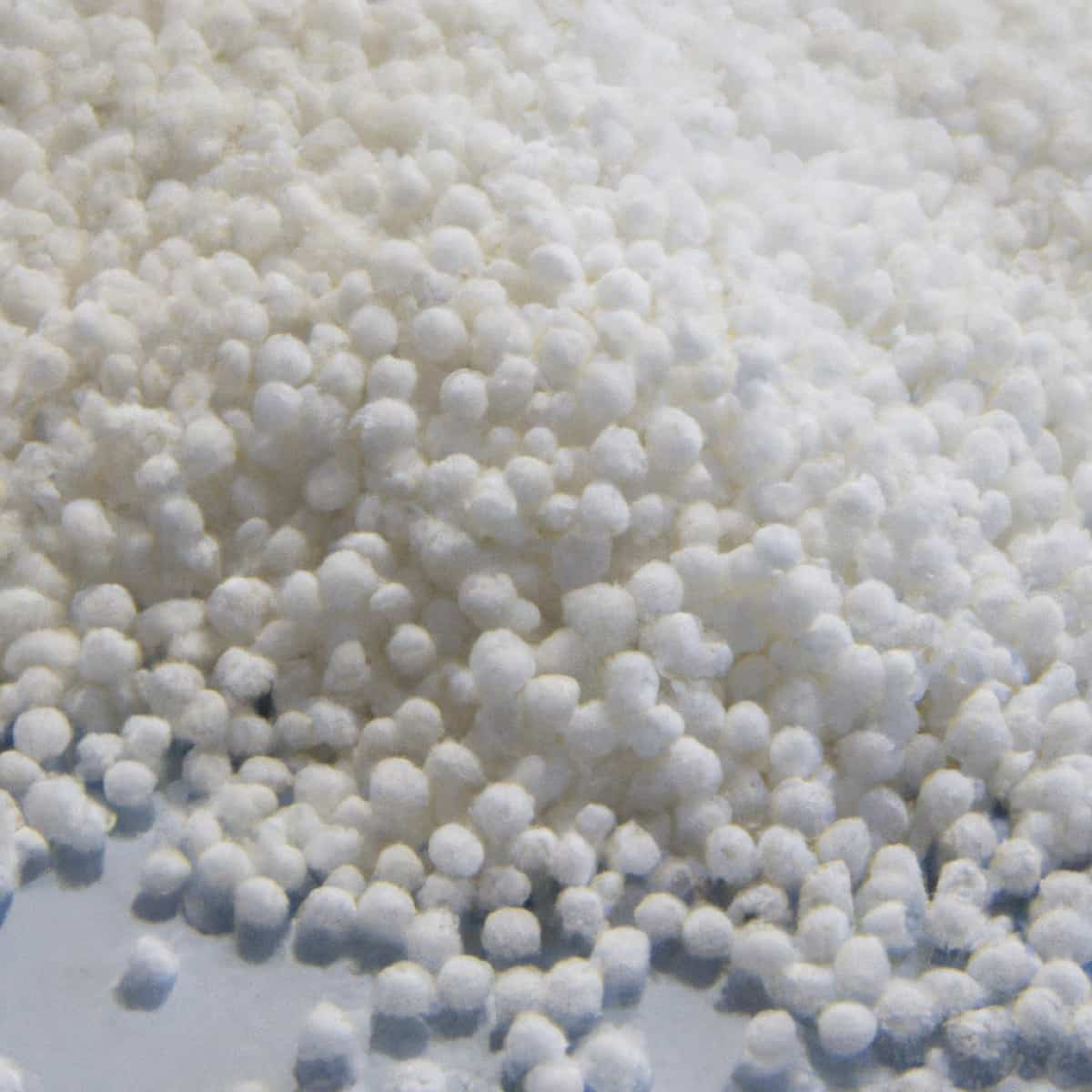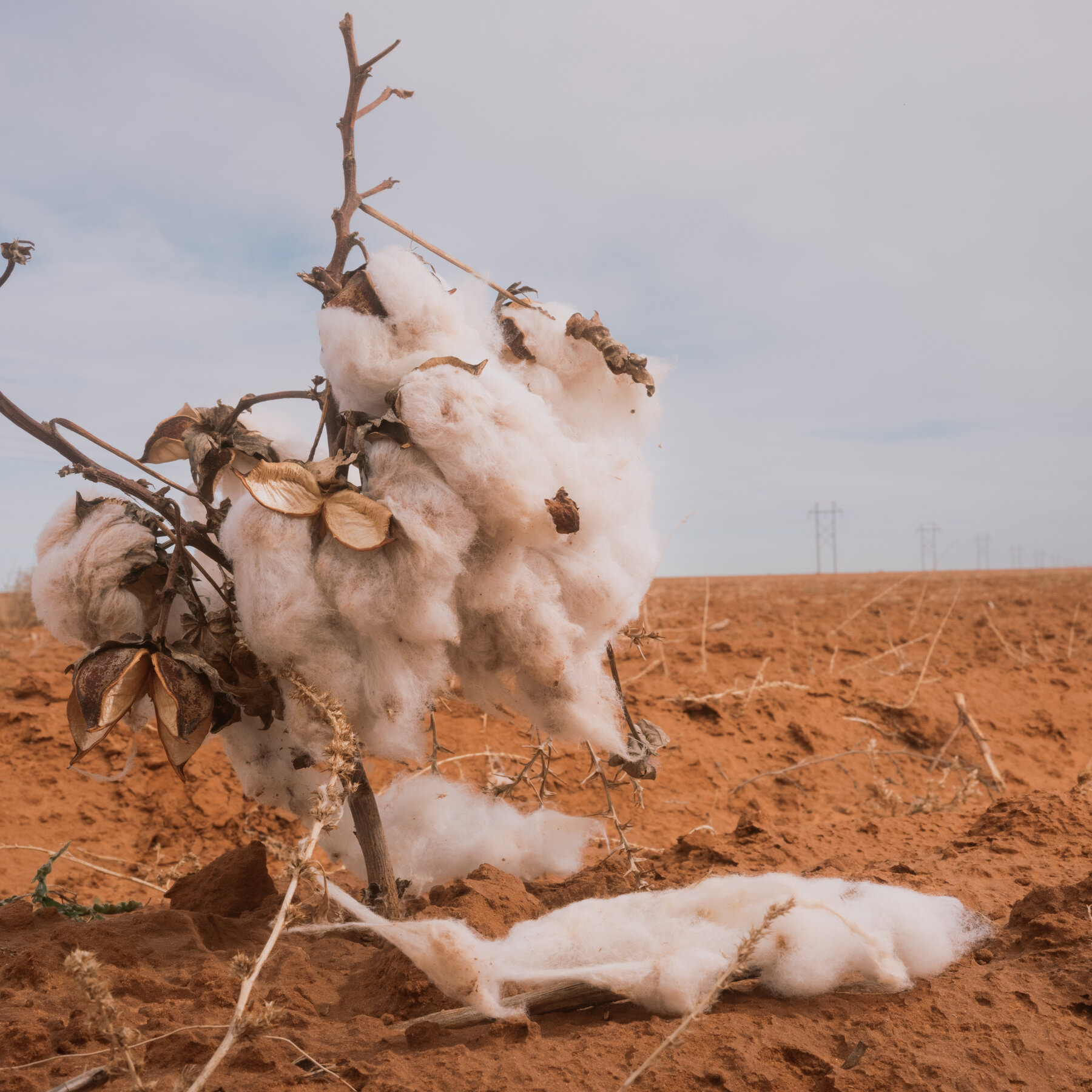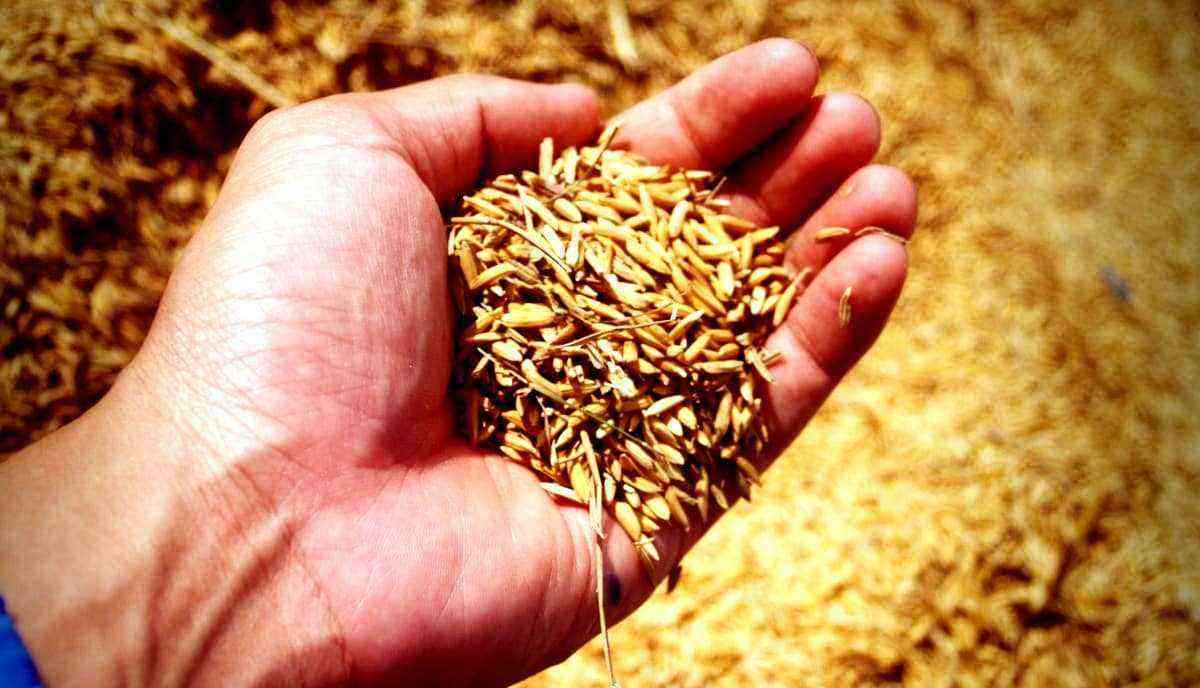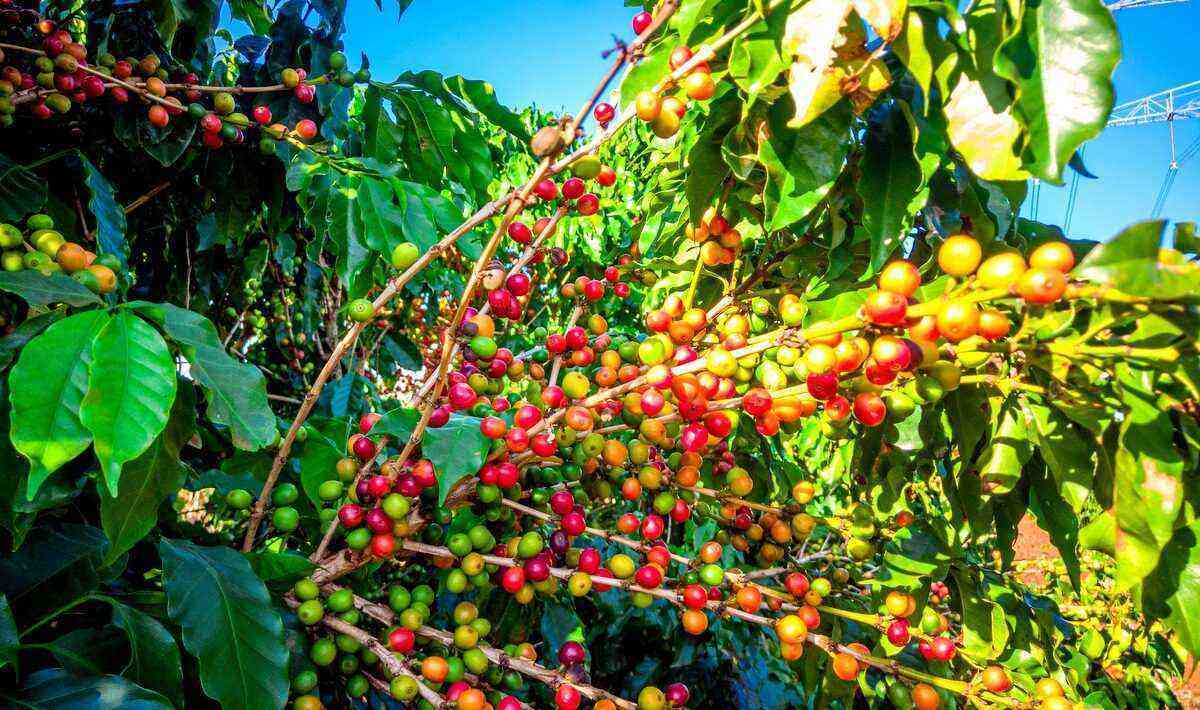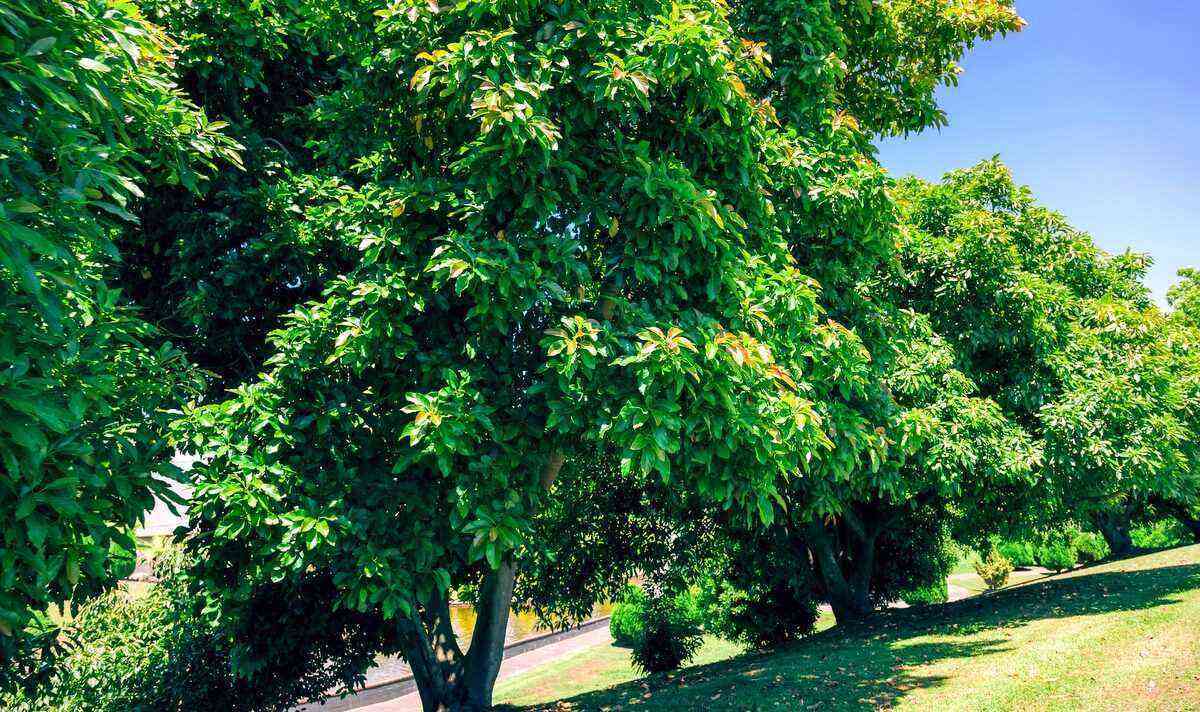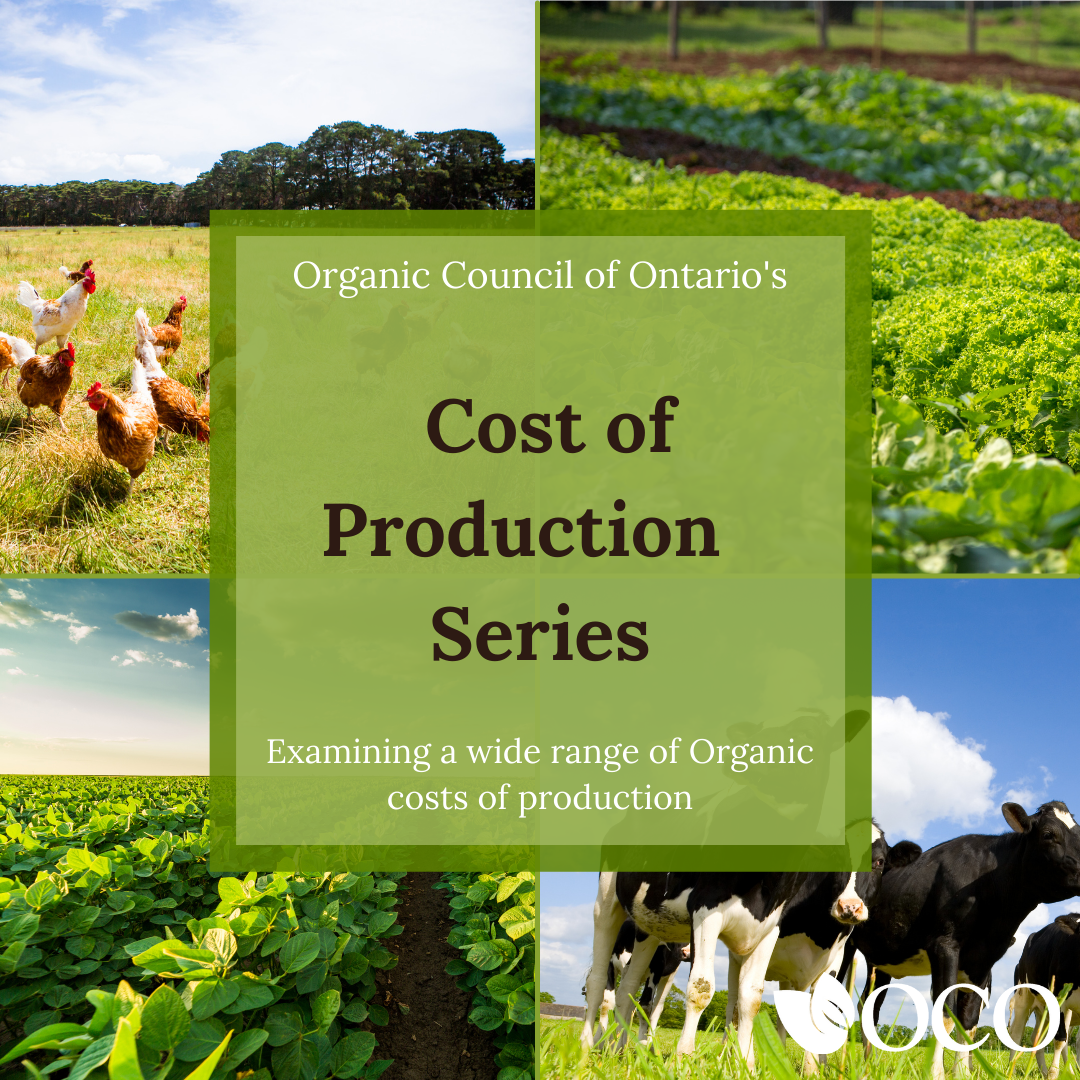Drainage is a very common process in the routine of a rural producer. Soggy soils can harm work in a field, especially when it comes to agriculture.
We will explain below what does it mean to drain and what are the main advantages to ensure the development of crops and good production.
If you are a farmer and want to know more about soil and climate properties, for example, visit our blog and access our article on techniques for efficient planting.
What is drainage?
The concept of drainage is remove or drain the water present in a certain area. In the case of soils, the removal of excess makes possible some important conditions for workers, such as:
- aeration
- Structuring
- Resistance
The liquid accumulated in the region has two origins:
- Natural, like rainwater;
- Artificial, coming from previous irrigation, for example.
One of the objectives of soil drainage is to control the rise of existing groundwater. In addition, it allows the leaching of salts from the water, which prevents salinization of the soil.

With the use of soil drainage techniques in agriculture, it is possible to prepare new areas for planting.
When we refer to drainage in agricultural land, we are also talking about prepare the area for your exploration and long-term use.
How important is the soil drainage process?
As we said, drainage processes, whether natural or not, are already part of the farmers’ routine, in caring for the soil.
This is because the flooded or flooded lands present a lot of instability, which makes the planting step by step difficult and makes the harvest unfeasible.
In addition, lands that do not undergo drainage are more likely to experience landslides, not only in rural areas, but mainly in urban centers.
Therefore, it is possible to say that the infiltrated waters unbalance the land and, so that the use of the soil is not harmed, drainage is essential.
What are the advantages of soil drainage in agriculture?
One of the main advantages of draining agricultural soils is the incorporation of new land for planting. The process is capable of transforming flooded areas into potential for agriculture.
Another benefit of drainage is salinity control. In fact, in this way, it is possible to recover saline and alkaline soils.
The third advantage of drainage is related to the increase and improvement of agricultural productivity itself.
After all, as we mentioned, the process enables better aeration, in addition to promoting better microbial action.
No video below, check out the importance of carrying out drains in the soil so that your farm can produce:
Source: Livestock Portal.
Summary:
Therefore, soil drainage for agriculture has the following advantages:
- Sanitation of flooded areas;
- Recovery and control of alkaline or saline soils;
- Increase in agricultural productivity of the land;
- Incorporation of new areas for agricultural planting, that is, transforming swamps into areas of agricultural production.
Soil drainage for other purposes
Drainage is an excellent ally of farmers. What we haven’t talked about yet is that it is also very important for construction both on the farm itself and in urban areas.
If the area where the work will be built is flooded or waterlogged, drainage helps to make the work technically feasible.

With drainage it is possible to allow safer constructions both in the countryside and in the city, without infiltration.
This is because, without treating the soil correctly, there are great chances that the site will suffer from infiltration and instability. The consequences can even compromise the investment made.
Therefore, it is essential to think about the correct drainage of the soil, whether for agricultural or urban purposes. It is essential to choose the best type of drainage according to the type of terrain and objectives.
See also: How to reduce soil compaction caused by agricultural tires
